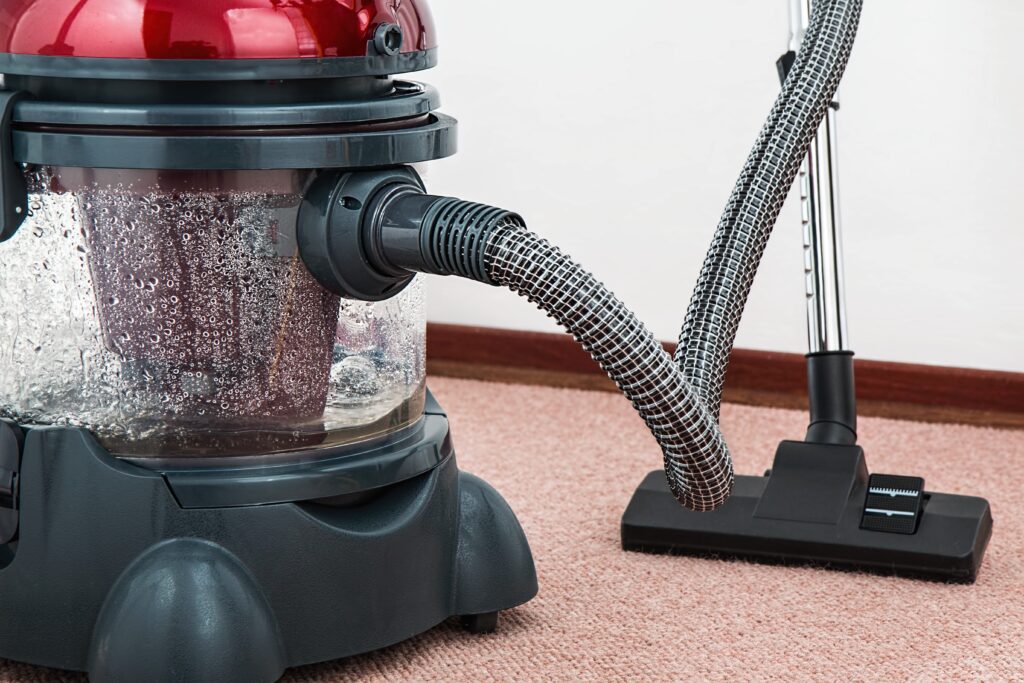How To Prevent Arguments Over Household Chores
Household chores are often a point of contention in households all over the world. This is an area where all concerned are constantly trying to measure what is just and fair. The route countless parents go to immediately is paying their children to do chores, but this isn’t always necessary. Sooner or later, your children will realise how frivolous pocket money can be, and how little £2-£5 will get them in the world. Eventually, the work will no longer be worth the effort.
But what if there were more valuable ways to do things here, beyond gifting a bit of spare change? If your kids are constantly at loggerheads over household chores, read on to discover how to prevent their arguments.
How To Prevent Arguments Over Household Chores
Explain Their Value
Household chores are about more than the kids doing something because ‘mum and dad say so’.
One way to prevent arguments over household chores is to teach their true value. Through your dialogue with one another, you could set a vivid scene where all parties feel respected. Discuss what chores are about, such as:
- Agency: At a certain age it’s simply not a good look to be relying on mum and dad to fix all of life’s problems. Chores are a mark of one’s agency and growth, a milestone moment of normalcy. If teens care about anything, it’s appearing ‘normal’ among their peers!
- Stylishness: When your kids have grown up and secured their own property, they’ll naturally want it to look as cool and stylish as possible. They can’t do this if the place is a mess. Therefore, you could frame their chores as preparation for looking after their eventual pad.
- Hygiene: Neglected long enough, some ignored chores could eventually lure vermin into the home. Do your kids want to be known as the family that lives with rats? Probably not, and many Britons are embarrassed to invite others into their home, with reasons likely stemming from neglected chores.
- Health: Of course, in the presence of vermin, it won’t take long for illness to spread. Grime and dirt carry their fair share of harmful bacteria also. Therefore, stressing how some chores correlate directly to their health and wellbeing could be a good idea.
Many people think that chores are about discipline, but they harbour more important life lessons than that alone. Try to reach your kids on a level they understand, which could be any of the points listed above, and they be more inclined to do their bit around the house without confrontation.
Don’t Frame Chores as Punishment
Some chores really are just awful, and depending on the age of your children, fulfilling these tasks may even be perceived as a cruel punishment for a crime they never committed, or at least never intended to.
Using chores as a form of punishment also attaches a negative stigma to a daily necessity. This might mean they come to think of chores as something that makes the miserable, rather than something that must be done out of principle.
When appropriate, have mercy on them. For example, dealing with blocked drains and drain cleaning is simply nightmarish. Even if your children caused the problem, it was likely an accident in the first place, so educate them on what to flush and what not to flush, or what they should never put in a drain, and let someone else take over with a task such as this.
For example, if you are looking for drainage services in London, then Drain Detectives can make short work of any problems you encounter. They provide free quotes for their good work, and they can be called out at any hour on any day. Capping off their impeccably reliable services with fixed prices, their quick and cost-effective work could painlessly defuse numerous domestic dramas.
Strike a Balance
While lessons about responsibility are important in childhood, our younger years are just as much about fun and games too.
Arguments often spark over chores if they’re done in excess. With many parents debating over how much housework is too much or too little for their kids, the best thing you can do is ignore the noise of others and tailor your parenting to your children’s personality and circumstances. Are they going through a tough time at school? Are exams around the corner? If so, perhaps ease up on the chores slightly.
While you should be firm with their responsibilities if they have neglected them for a while, try to make sure they have room in their lives for other things. They’ll have plenty of time to be consumed by chores when they’re grown up and fully understand their real worth, so for now, sprinkle these duties into their schedule, and otherwise let them do something else.
When chores are a sporadic occurrence, your children may be less likely to hold them in contempt. The tasks will be a means to an end, rather than seeming like a bleak main reason for their existence. If you judge the matter of chores proportionately, it should prevent many confrontations from thereon.










